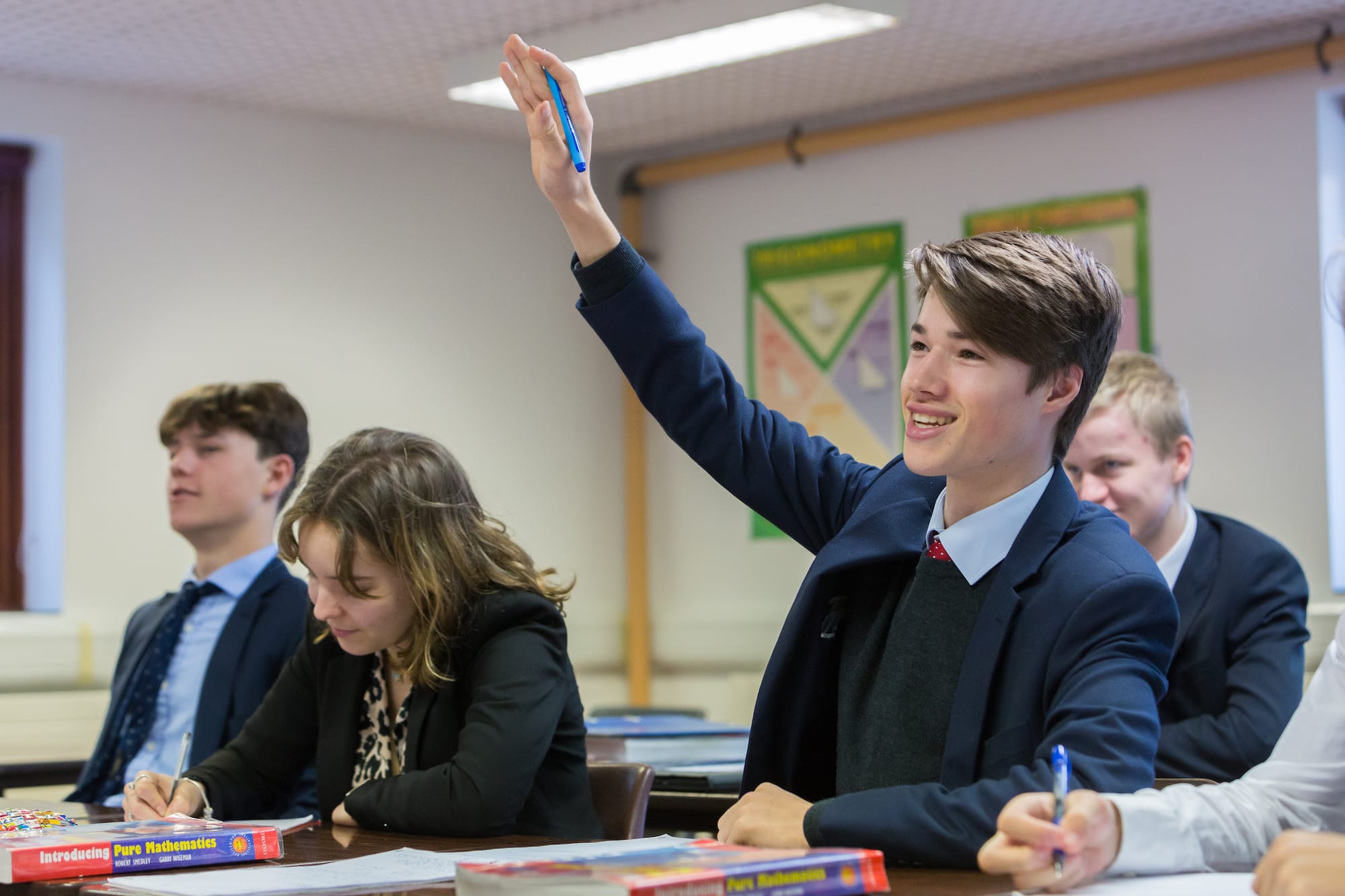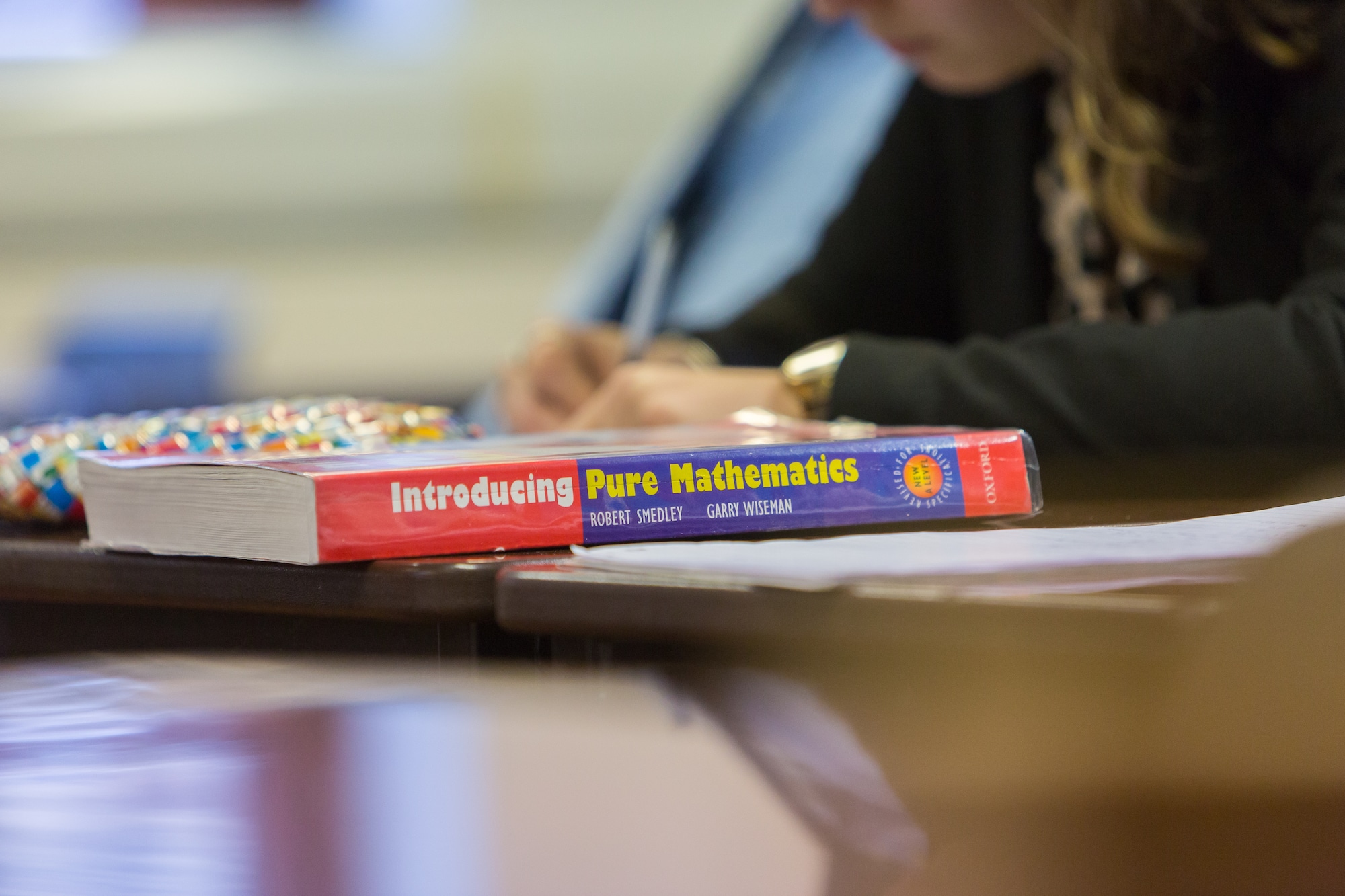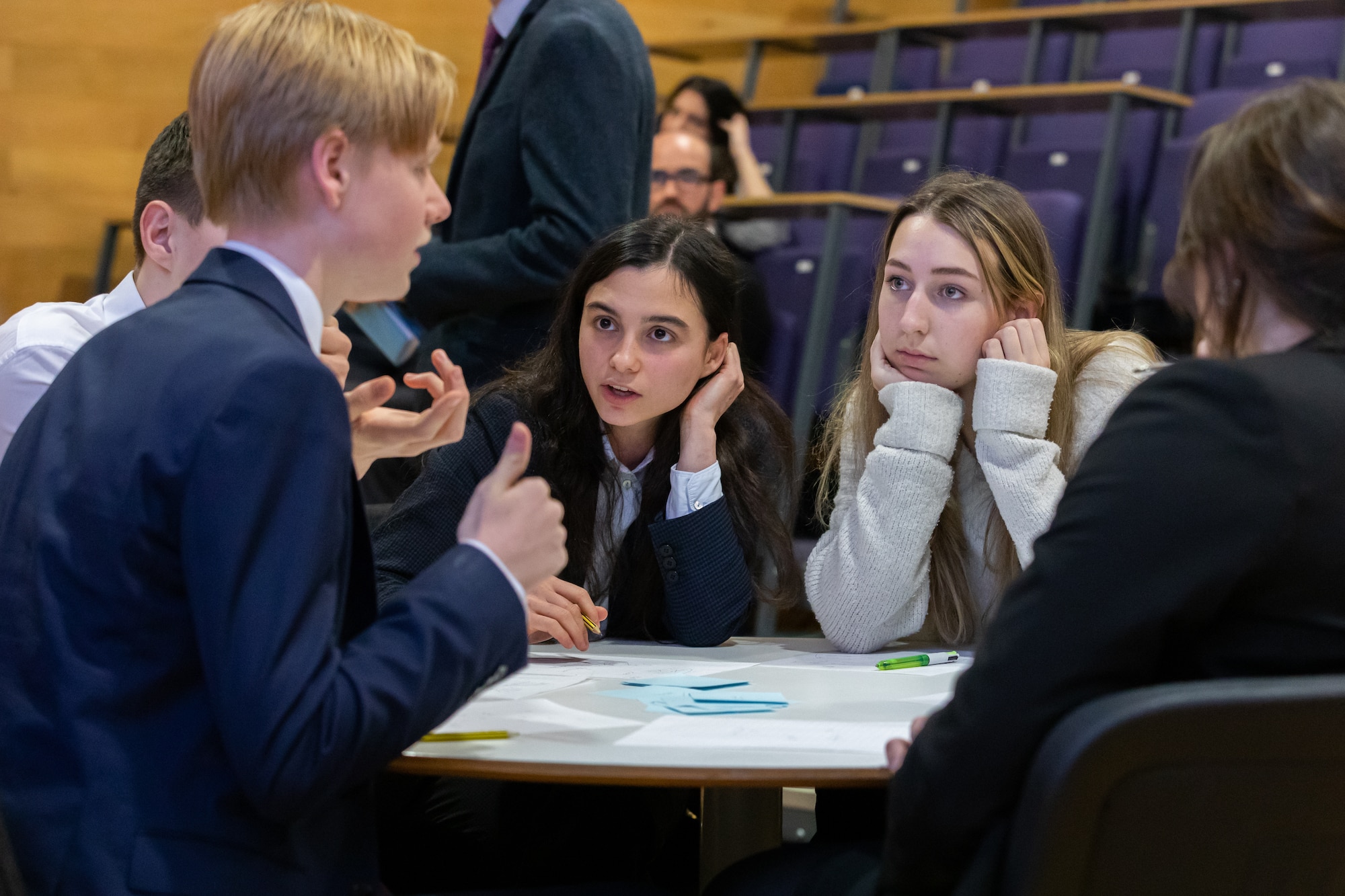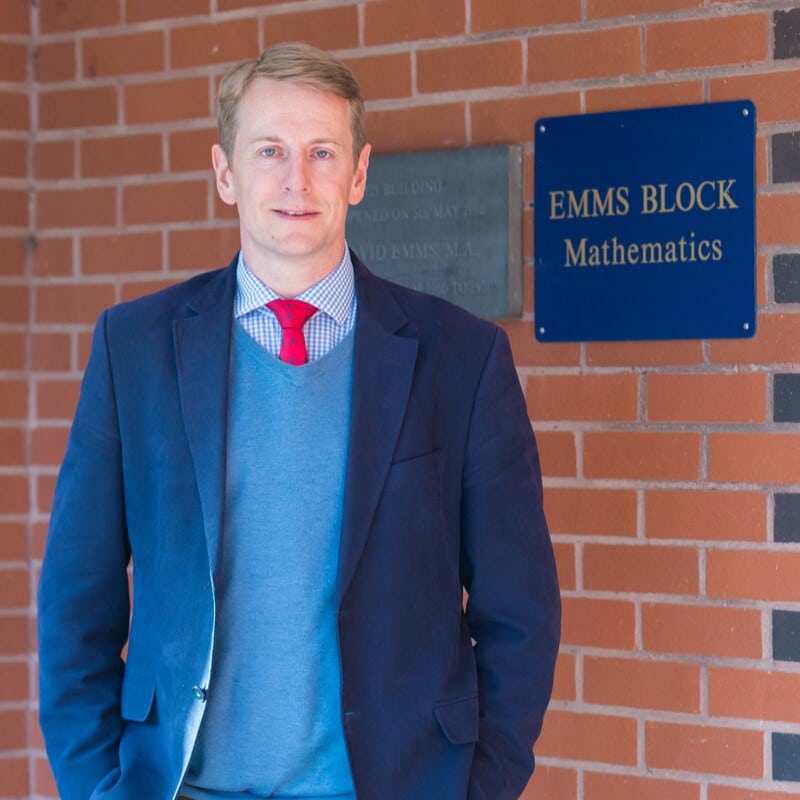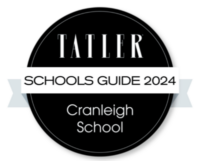The aim of Cranleigh Mathematics Department is a simple one: to realise the full mathematical potential of each pupil, whilst giving them the firm foundations and the confidence to use maths across the school curriculum and beyond.
We aim to see every pupil:
- Deepen their conceptual understanding: By contextualising topics, approaching them from a wide-range of angles, learning through enquiry when appropriate, and questioning everything, we aim to teach for understanding, not for rote learning.
- Become fluent in key skills: From mental arithmetic to percentages, and basic algebra to graphing, there are a number of skills that are vital for general life, supporting other school subjects, and to excel in maths itself. Through regular targeted practice, we aim for every pupil to develop fluency in the key skills.
- Develop the clarity of their communication: Communication, both on paper and verbally, is a vital skill. By focusing on the process of solving mathematical problems, and by aiming to communicate this process as rigorously yet succinctly as possible, we aim to see every pupil become progressively clearer in their communication.
- Grow valuable learning characteristics: From resilience to creativity, collaboration to inquiry, and from self-reflection to independence, we aim to use maths as a platform from which to develop the character of every pupil.
- Learn to problem solve: By teaching logic, simplification of problems, pattern spotting and visualisation techniques, we aim to equip every pupil with a ‘tool box’ for problem solving, with which they can confidently tackle unfamiliar problems.
We are a busy department with eleven members of staff, forming a dedicated team who teach in a well-equipped department. We have embraced the use of iPads within the school and use them in an effective manner. Teachers use them as a portable interactive whiteboard and for students they allow access to graphing software and many other useful Maths applications. Staff give generously of their time to help support students beyond formal lessons and there are regular central clinic sessions, giving pupils a place to come for extra support as well as extension work.
Lower School
Upper School
Trips and Events
We take groups of interested students to see live Mathematical shows, lectures and to participate in Maths challenges and team competitions. Each year our Sixth Form mathematicians enter the UKMT Maths challenge and we have had good success, with students qualifying for follow on rounds as well as the British Mathematical Olympiad. In the Lower School our more able students enter the Intermediate Maths Challenge and are often successful in qualifying for follow on rounds and individual year group Maths Olympiads. Internally we run an annual House Maths Challenge for both Upper and Lower School. These often draw a large crowd and provide a rich source of academic competition.
Beyond School
A-level Mathematics is one of the most widely accepted and respected subject choices by universities and is likely to enhance your options rather than close them down. The same goes for studying A-level Further Mathematics which is also a highly regarded subject choice among universities.
A level Mathematics is a requirement for certain degree courses, such as Mathematics, Engineering, Physics, Statistics, Computer Science and often Economics. Although not a requirement, A level Mathematics is a typical subject taken by students on courses as wide ranging as Architecture, Biology, Geography, Law and Psychology.
When you apply for a job, having A level Mathematics will show that you have a head for numbers which may well also make you stand out from the crowd when applying for jobs such as in management and business.
Head of Mathematics
Simon Quinn
Head of Mathematics
